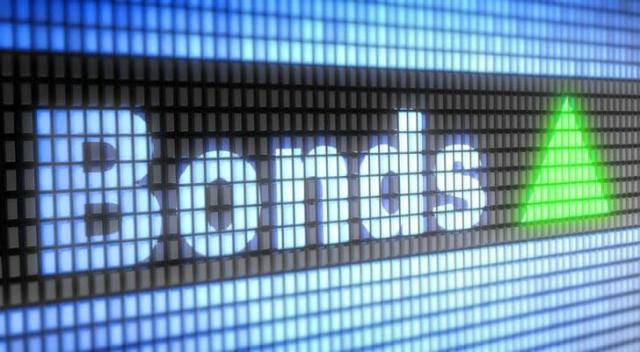Over the past couple of years, savings account interest rates have eroded. For those of you with savings, you’ve seen the impact in your monthly statements. What used to be a “high-yield savings account” now earns less than 1% interest. There’s good news! The federal government recently announced Treasury Series I Savings Bonds that earn a 7.12% interest rate over the first 6 months of purchase. This is the second-highest interest rate EVER for these bonds. You won’t come anywhere near those rates even with a long-term Certificate of Deposit (CD). These I-bonds are a great option to put money to work for a higher return than you are likely getting in your savings account.
What’s the catch? Do I-bonds really give you more interest?
There’s no real “catch,” but there are limitations. There is a minimum of $25 to purchase the I Bonds and a maximum of $10,000 per person per calendar year. If you are a married couple, you can each purchase $10,000 ($20,000) total in 2021 by December 31st, then January 1st, you can purchase the same. A total of up to $40k as a married couple can be purchased over the next few months…all earning that 7.12% interest rate. But wait, there’s more! If you are due a tax refund next year, you can direct up to an additional $5,000 from your return to save even more at this rate.
In terms of disclaimer, you can cash your bonds after a year, but you’ll lose three months worth of interest if you cash out before you’ve held them for five years. Or, if inflation keeps moving higher, you can choose to continue earning interest over the next 30 years, compounded semi-annually, with the rate reset every six months. In other words, only invest money that you will not need for the next year. Even if cashing out before 5 years time, you’ll still come out ahead vs. a CD or money market.
What are the benefits of an I Bond?
- Tax benefits. I bond interest is exempt from state and local income taxes. You can even elect to defer federal income taxes on your earnings until you cash the bonds in. You don’t get that with a CD. If you pull the money to pay for higher education (for kids, grandkids, etc.), the whole amount, including the interest you make, will be federally exempt from taxes as long as you are under the income thresholds.
- Safe, stable investment. I Bonds are backed by the full-faith of the U.S. Government. This is a good way to stash some money away and earn a good interest rate, while having peace of mind in preserving your principal.
- Excellent interest rates vs. other savings vehicles. The 7.12% annual interest rate over the next 6 months will net you a better return than keeping your money in a savings account, money market or CD.
What is an I Bond and how does an I Bond work?
An I Bond is a savings bond issued by the United State government. It earns interest based on combining a fixed rate and an inflation rate. Interest is earned on the bond every month. The interest is compounded semiannually: twice a year, the interest the bond earned in the previous six months is added to the bond’s principal value; then, interest for the next six months is calculated using this adjusted principal. The interest and principal are paid to you when you cash the bond.
How do I open an I Bond?
You cannot open an I Bond through a broker or financial advisor. These are purchased directly from the treasury through TreasuryDirect.com. You will need to set up an online account at Treasury Direct. You will fill out information, such as contact information and banking information (to fund the bond).
In closing
If you’ve got some funds waiting in the wings in a money market or savings account currently or are expecting a tax return this year and don’t “need” the money, you may want to seriously consider investing in the current I Bond. Even if you hold the bonds for just one year, it is “Good for Your Wealth” to consider this option vs. letting funds simply sitting idle in a savings account earning sub-1% interest. Hopefully you’ve learned a bit more about these bonds. I encourage you to research more and check out the Treasury Direct site for more information.

